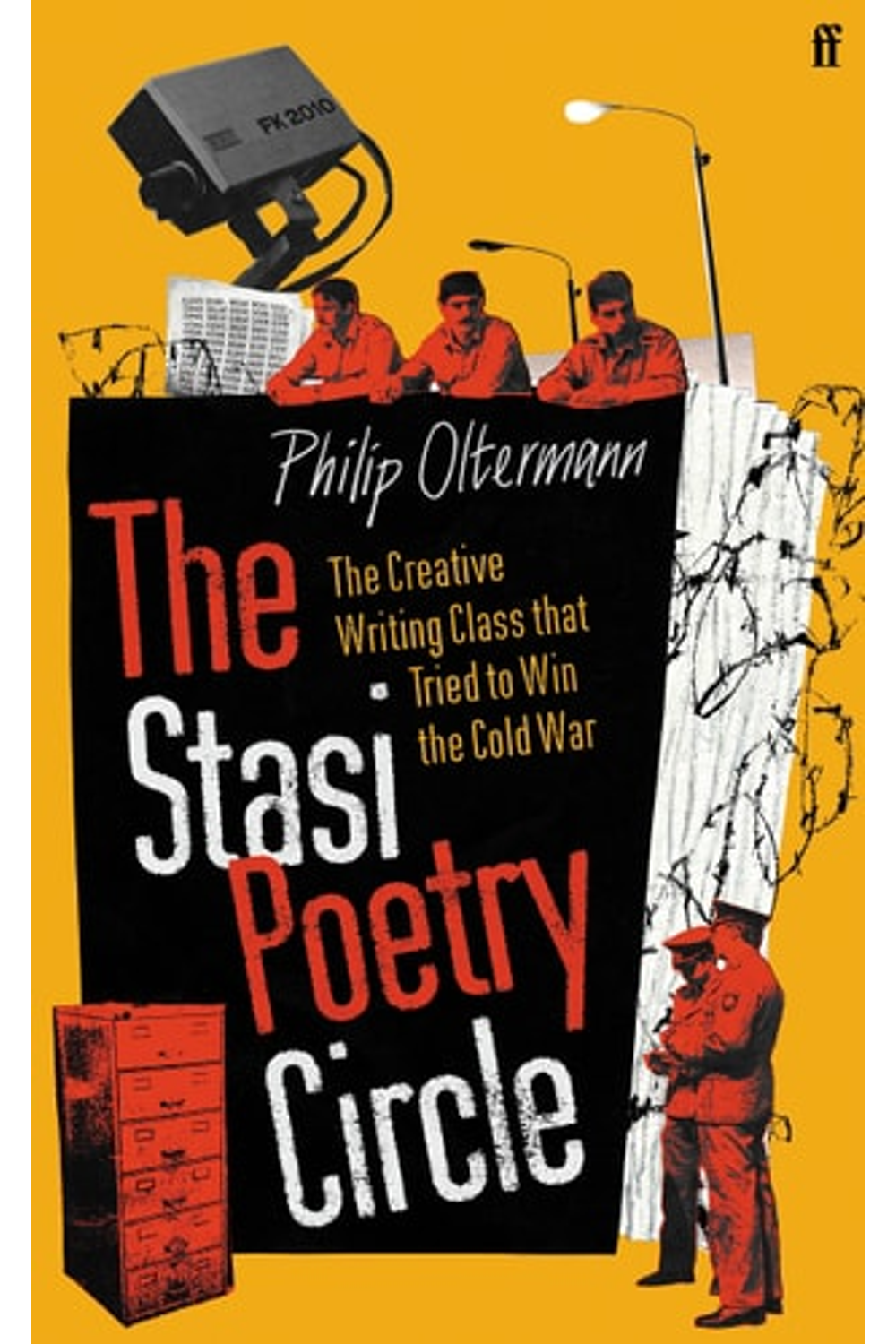Venture into the absurd yet true story of the Stasi Poetry Circle with Philip Oltermann’s “The Stasi Poetry Circle.” This compelling narrative unveils how East Germany’s infamous secret police, grappling with internal anxieties and external pressures during the Cold War, bizarrely attempted to weaponize poetry. Facing dwindling morale and the looming threat of nuclear war, the Stasi embarked on an experiment that defied logic: forming a clandestine poetry group comprised of spies, soldiers, and border guards, including some unlikely characters like WW2 veterans and fresh recruits. Under the watchful eye of poet Uwe Berger, these recruits were schooled in verse and rhetoric, with the aim of strengthening their socialist convictions and sharpening their ideological resolve. Instead, the exercise had the opposite effect. Immersed in the ambiguous and introspective nature of poetry, the agents began to question the very principles they were supposed to uphold. Oltermann, drawing on previously unseen Stasi archives and interviews with surviving members, crafts a captivating account of this historical oddity. “The Stasi Poetry Circle” reveals not only the inherent contradictions of a totalitarian regime attempting to harness creativity but also the unexpected power of art to subvert even the most entrenched ideologies. It is a fascinating exploration of Cold War paranoia, the subversive potential of language, and a testament to the resilience of human thought under pressure. Perfect for fans of historical narratives and those interested in the intersection of culture and politics, Oltermann’s work is a surprising and thought-provoking addition to Cold War literature. Published by Faber & Faber, this paperback will keep you hooked from the first verse!
The Stasi Poetry Circle
22,76 $
In stock
Berlin, 1982. Morale is at rock bottom in East Germany as the spectre of an all-out nuclear war looms. The Ministry for State Security is hunting for creative new weapons in the war against the class enemy — and their solution is stranger than fiction. Rather than guns, tanks, or bombs, the Stasi develop a programme to fight capitalism through rhyme and verse, winning the culture war through poetry – and the result is the most bizarre book club in history.
Consisting of a small group of spies, soldiers and border guards – some WW2 veterans, others schoolboy recruits – the “Working Group of Writing Chekists” met monthly until the Wall fell. In a classroom adorned with portraits of Lenin, they wrote their own poetry and were taught verse, metre, and rhetoric by East German poet Uwe Berger.
The regime hoped that poetry would sharpen the Stasi’s ‘party sword’ by affirming the spies’ belief in the words of Marx and Lenin, as well as strengthening the socialist faith of their comrades. But as the agents became steeped in poetry, revelling in its imaginative ambiguity, the result was the opposite. Rather than entrenching State ideology, they began to question it — and following a radical role reversal, the GDR’s secret weapon dramatically backfired.
Weaving unseen archival material and exclusive interviews with surviving members, Philip Oltermann reveals the incredible hidden story of a unique experiment: weaponising poetry for politics. Both a gripping true story and a parable about creativity in a surveillance state, this is history writing at its finest.
| Authors | |
|---|---|
| Binding | |
| Condition | |
| ISBN-10 | 057137333X |
| ISBN-13 | 9780571373338 |
| Language | |
| Pages | 201 |
| Publisher | |
| Year published | |
| Weight | 1070 |
| Edition | Export – Airside ed |
Related products
-
The van
15,51 $
- Additional information
- Currencies
- USD – United States dollar
- EUR – Euro
- GBP – Pound sterling
- CNY – Chinese yuan
- BRL – Brazilian real
- MXN – Mexican peso
- JPY – Japanese yen
- PHP – Philippine peso
- THB – Thai baht
- PLN – Polish złoty
- CAD – Canadian dollar
- MYR – Malaysian ringgit
- AUD – Australian dollar
- TWD – New Taiwan dollar
- CZK – Czech koruna
- SEK – Swedish krona
- HUF – Hungarian forint
- ILS – Israeli new shekel
- CHF – Swiss franc
- HKD – Hong Kong dollar
- DKK – Danish krone
- SGD – Singapore dollar
- NOK – Norwegian krone
- NZD – New Zealand dollar





